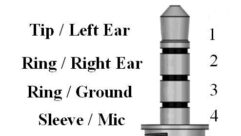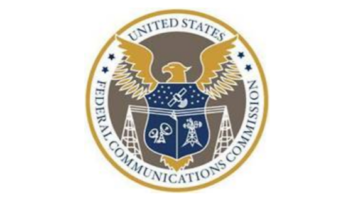FCC refuses extension of three-year construction period
Apr 1, 2003 12:00 PM, By Harry Martin
Anyone considering the purchase of a construction permit should take a close look at a recent FCC decision rejecting a CP buyer’s efforts to get the permit extended. There are some important lessons to be learned.
The case involves the buyer of a permit to build a new AM station in the Palm Beach, FL. The original permit�good for 36 months�was issued on March 9, 1998. In December 2000, a scant three months before the permit was set to expire, the buyer filed its application to acquire the permit’s expiration date, and simultaneously requested that the Commission’s staff toll the permit and revise or waive its construction deadline because, according to the buyer, the site specified in the permit was no longer available. The buyer also claimed that the original permittee was inexperienced in the Florida construction business, which supposedly had impeded his efforts. And for good measure, the buyer observed that the original permittee had filed for the permit in 1986, when he was 49, but the permit had not been granted until 1998, when the applicant was 61 and “essentially retired.” The buyer’s suggestion was that, if the Commission had just moved a bit more quickly, it would have been easier to get the station built.
In February 2001 the staff denied the buyer’s tolling request, stating that the three-year-old events he described did not satisfy the Commission’s tolling criteria. It also denied the companion waiver request because the buyer failed to allege “rare and exceptional” circumstances necessary to justify waiver of the rule and because, in any event, no documentation or substantiation had been offered to verify the circumstances allegedly justifying waiver.
The buyer filed for reconsideration, this time submitting a declaration from the original permittee supporting the facts in the original tolling and waiver requests. On March 6, 2001, the staff denied reconsideration because the buyer failed to establish that the declaration could not have been filed in a timely manner. Also, the Commission said that the unsubstantiated facts in the declaration did not warrant a waiver of the rules.
Two days later, one day before the construction deadline, the buyer went ahead and consummated the assignment of the permit for the unbuilt station. Soon thereafter, he filed an Application for Review of the staff’s decisions. But that ultimately went nowhere as well: Finding no error in the staff’s decisions, the Commission denied the Application for Review. The buyer ended up with nothing.
In its decision, the Commission took the opportunity to clarify a few issues regarding tolling and waiver requests. Pursuant to the Commission’s rules, a permittee is required to file its tolling request no later than 30 days from the event on which the request is based. This, the Commission noted, is to ensure ongoing permittee construction diligence and to “avoid post hoc permittee temporizing.” Unfortunately for the buyer in the Florida case, in addition to the substantive reasons for denial of his tolling request, the Commission concluded that the tolling request was untimely.
As for the waiver, the Commission acknowledged that it has shown some leniency in the timing of waiver requests. In the Commission’s view, however, the permittee should file any waiver request as soon as possible following the event on which it bases its request, “preferably within the same 30-day period afforded to tolling applicants.” The Florida buyer’s eleventh-hour request, filed less than three months before the expiration of the permit, clearly did not meet this standard.
Finally, in a footnote, the Commission added insult to injury by noting that while the buyer’s tolling notification was made with the original permittee’s full knowledge, the Commission’s rules state that these requests may only be submitted by the permittee. The buyer’s position as a proposed owner of the station did not qualify it to seek any extensions or waivers.
Martin is an attorney with Fletcher, Heald & Hildreth, PLC., Arlington, VA. E-mail[email protected].
Dateline
June 2 is the due date for license renewal applications for radio stations in Washington DC, Maryland, Virginia and West Virginia. June 2 is also the due date for biennial ownership reports for radio stations in Arizona, Washington DC, Idaho, Maryland, Michigan, Nevada, New Mexico, Ohio, Utah, Virginia, West Virginia and Wyoming. Stations in those states, and DC, also must place their EEO public file reports in their public files by June 2, even if their renewals are due on that date.









